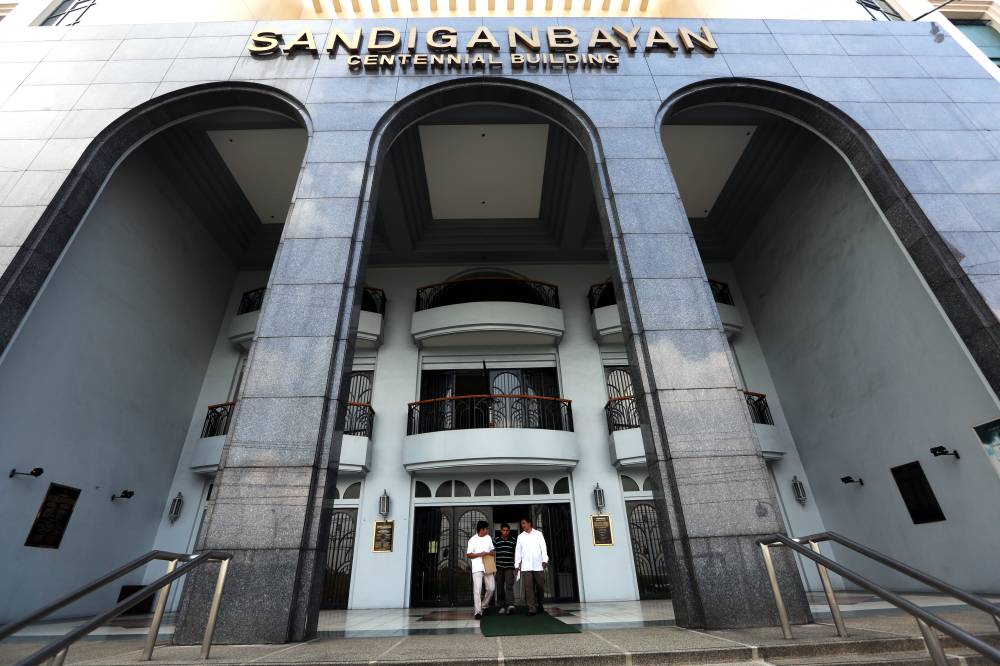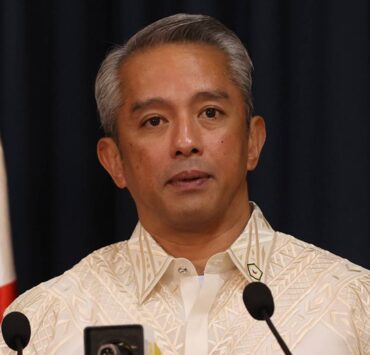Sandigan clears former Manila barangay officials in 2011 rice graft case

The Sandiganbayan has reversed a lower court’s ruling that found three Manila barangay officials guilty of graft over alleged irregularities in the purchase of sacks of rice worth P307,899 that were distributed to typhoon victims in 2011.
In a decision promulgated by the Fifth Division on July 18, the antigraft court cleared former Barangay 598 councilors Paulito Valencia Linis, Lutgarda Sandoval Bautista and Benjamin Matias Chua. They were convicted of graft charges by the Manila Regional Trial Court Branch 25 on May 2, 2024, and ordered perpetually disqualified from public office. They were also handed down a prison sentence ranging from 6 years and one month as minimum, and 10 years as maximum.
The case stemmed from their procurement in October 2011 of 120 sacks of rice for victims of Typhoon “Pedring” (international name: Nasat). Prosecutors alleged that the officials bypassed public bidding requirements under Republic Act No. 9184, or the Government Procurement Reform Act, and gave unwarranted benefits to a private supplier, HRPH Trading & General Contractor Co.
The complaint was initially filed by another barangay councilor, Ricky Oquendo, who claimed the procurement process was not only rigged but that there was also a shortage of goods delivered. He also said a falsified list of recipients was used, and the competitive bidding never took place.
The Manila court found the three guilty, saying they acted with manifest partiality and evident bad faith in procurement. It noted that while Typhoon Pedring prompted the declaration of a state of calamity and allowed for negotiated procurement, the request for the distribution of rice was made in December 2011 although the procurement occurred in October that same year.
The lower court said in its ruling that the delay in the distribution was “crystal clear [evidence] that they (accused) did not have the slightest intention of distributing the sacks of rice on the onslaught of the typhoon nor during the calamity period.”
‘Counterintuitive’
But the Sandiganbayan disagreed, saying the procurement was not due to manifest partiality or evident bad faith.
“While it seems counterintuitive that the relief goods were distributed more than two months after the declaration of a state of calamity, this delayed distribution reflects poor judgment. It does not, by itself, constitute bad faith,” it said “…And even if it does, it is not so ‘evident’ as to fall within the scope of the Anti-Graft Law,” it added.
The Sandigan noted that a “reasonably objective manner” of canvassing was still conducted among the three suppliers, with HRPH Trading being chosen because it offered the lowest price. The antigraft court said there was no indication the barangay officials had a corrupt motive for doing so.
“As discussed above, an emergency existed, which the Sangguniang Barangay used as basis for making the emergency purchase rather than conducting a public bidding,” it pointed out.
The decision was penned by Fifth Division Associate Justice Maryann Corpus-Mañalac with the concurrence of division chair Associate Justice Zaldy Trespeses and member Associate Justice Gener Gito.

















